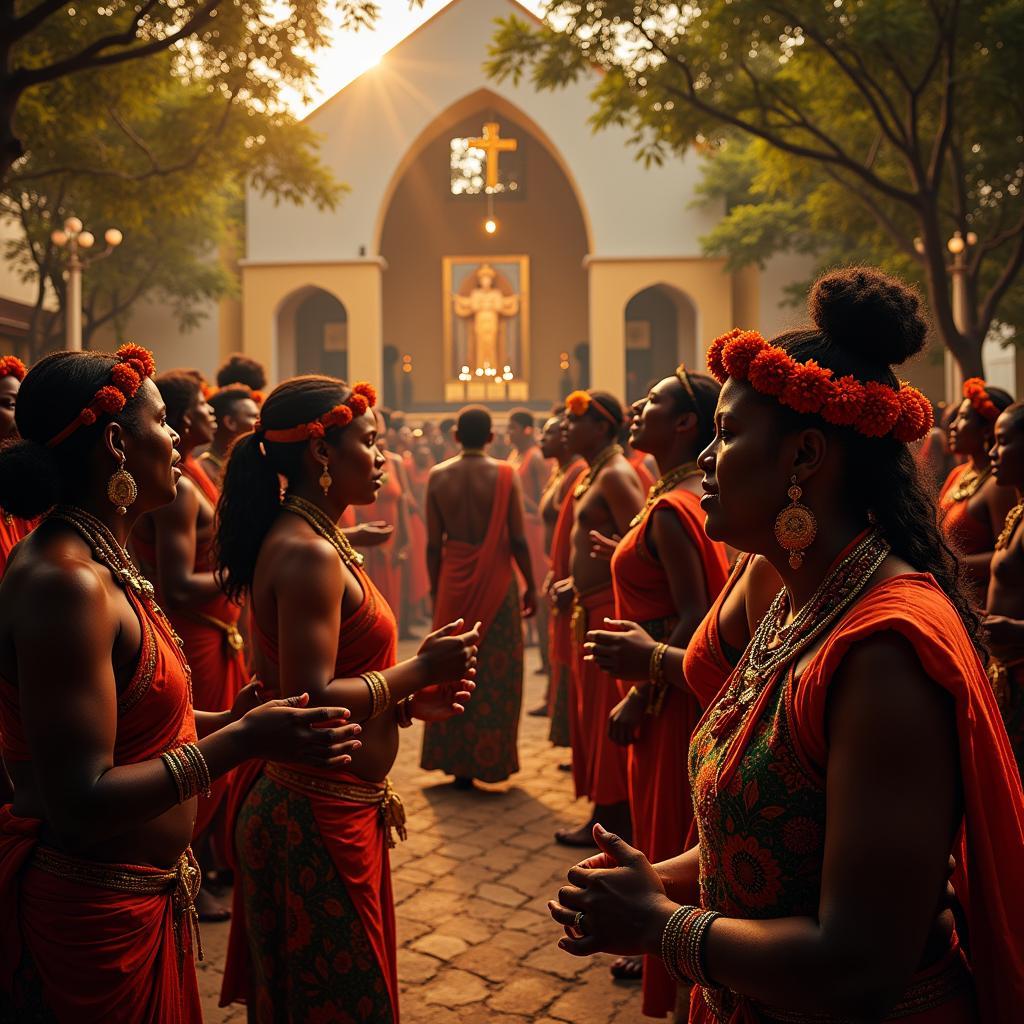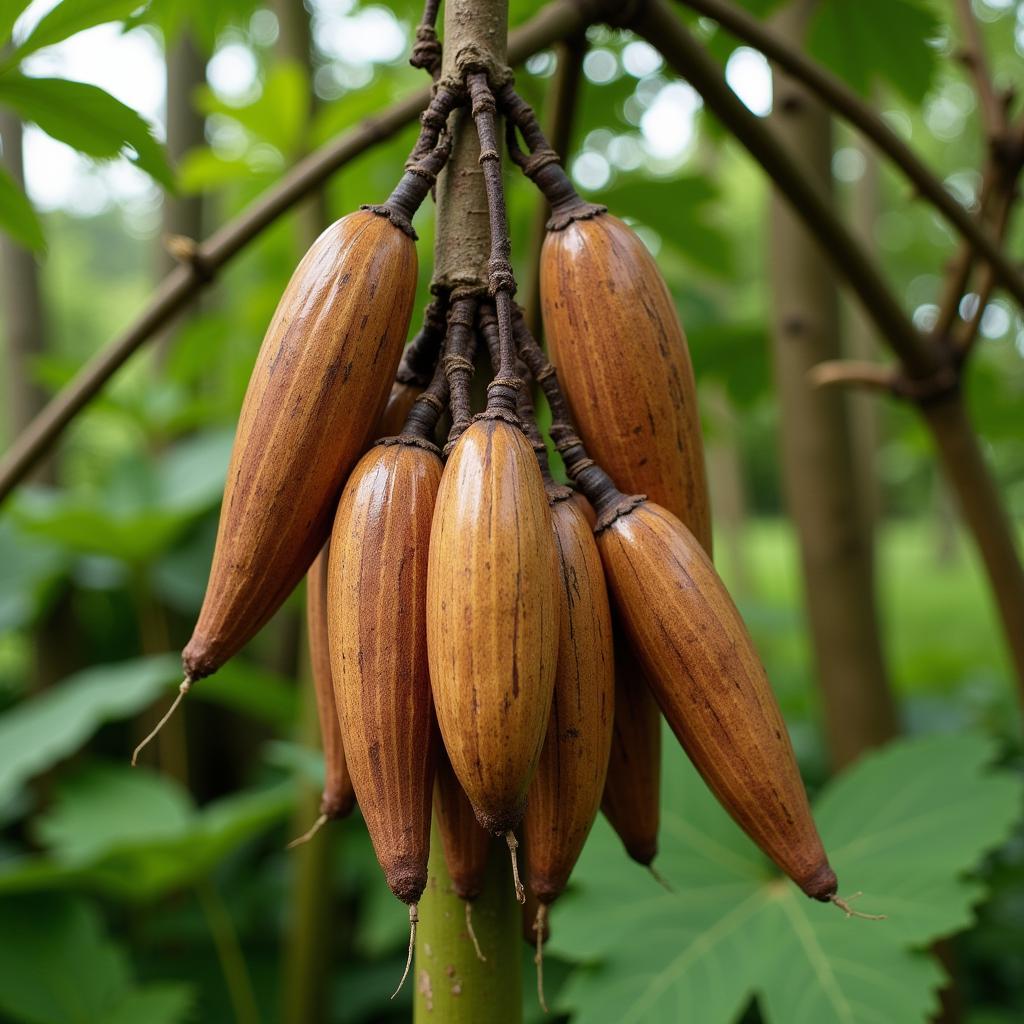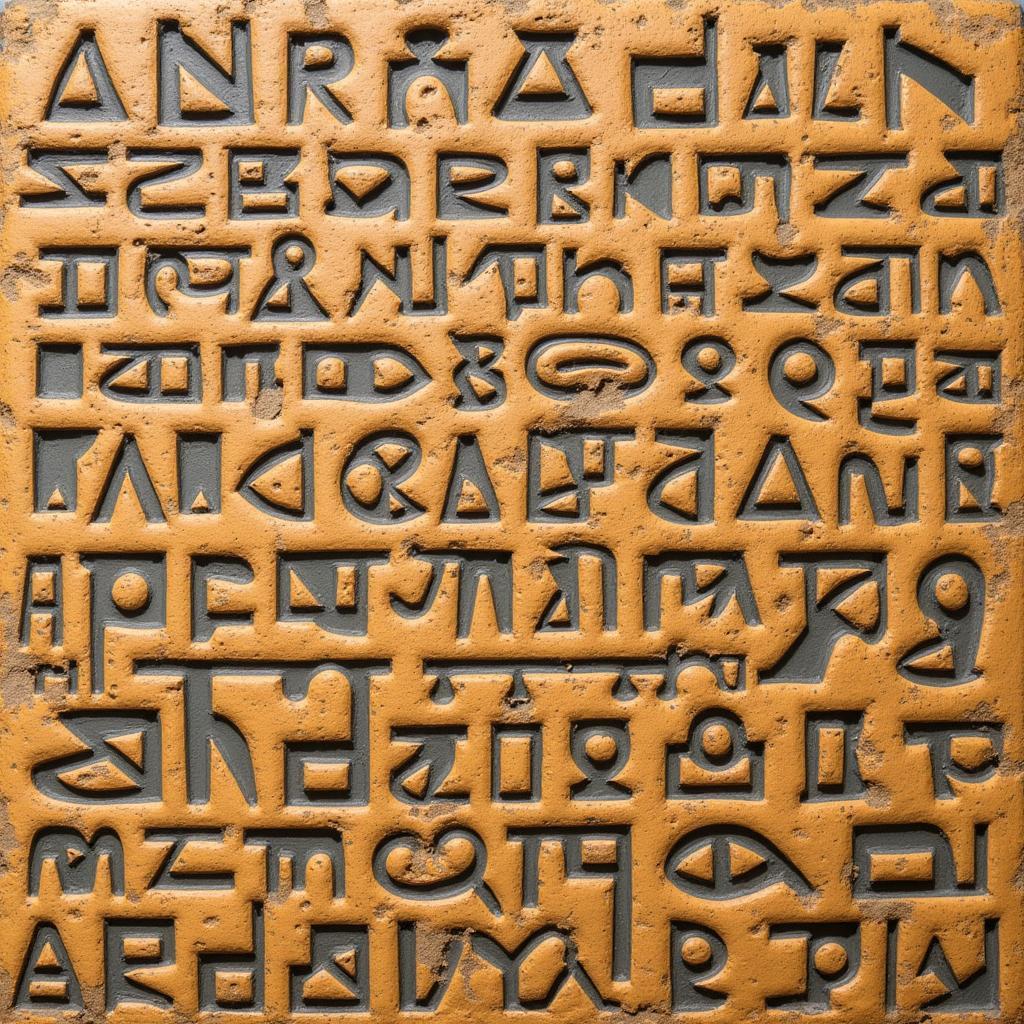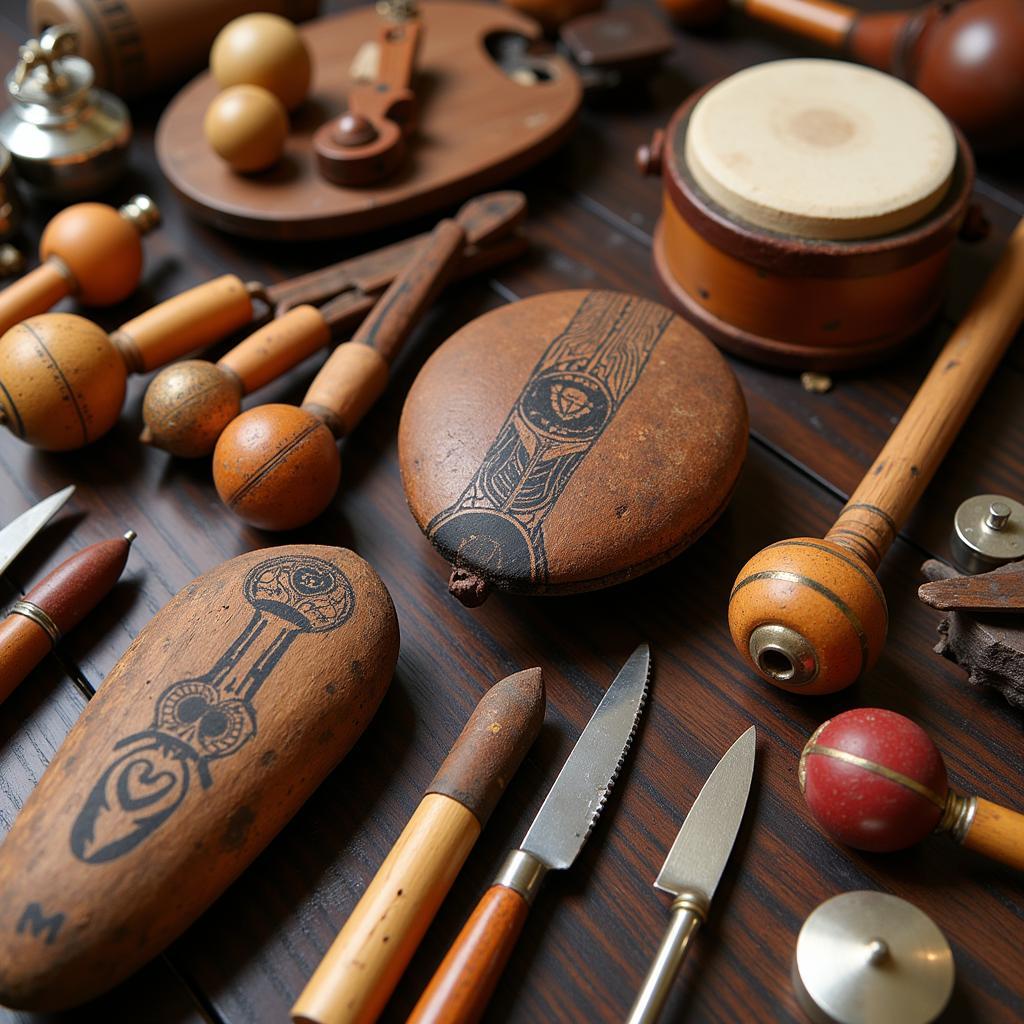The Enduring Mark: African Influence on Latin America History
The vibrant tapestry of Latin American history is woven with threads from across the globe, but few are as deeply intertwined as the profound influence of Africa. From the arrival of the first enslaved Africans during the colonial era to the cultural fusion that continues to shape the region today, “African Influence On Latin America History” is not just a historical footnote—it’s a foundational pillar. This article delves into the multifaceted impact of Africa on shaping Latin American identity, examining its imprint on music, religion, cuisine, and social structures.
The Transatlantic Slave Trade: A Catalyst for Cultural Exchange
The forced migration of millions of Africans to Latin America during the transatlantic slave trade tragically formed a cornerstone of this cultural exchange. While subjected to brutal conditions, these individuals and their descendants refused to be silenced. They clung tenaciously to their traditions, languages, and beliefs, sowing the seeds for a lasting African legacy in the Americas.
 African Slaves Arriving in Latin America
African Slaves Arriving in Latin America
Rhythms of Resistance: African Music’s Enduring Legacy
Perhaps the most immediate and visceral example of African influence can be felt in the pulsating rhythms of Latin American music. From the sensual sway of Salsa in Cuba to the hypnotic drumming patterns in Brazilian Samba, the echo of African musical traditions resonates deeply. Instruments like the drum, the marimba, and the claves, brought over from Africa, became integral to the development of unique musical genres, transforming the sonic landscape of the region.
Spiritual Syncretism: Blending Faith Across Continents
The spiritual landscape of Latin America reflects a fascinating fusion of African and indigenous beliefs with Catholicism. Religious practices like Candomblé in Brazil, Santería in Cuba, and Vodou in Haiti demonstrate the resilience of African spirituality. These religions incorporated elements of Catholicism while preserving core African traditions, honoring ancestral spirits and emphasizing a connection with the natural world.
 Religious Ceremony Blending African and Catholic Traditions
Religious Ceremony Blending African and Catholic Traditions
Culinary Fusion: A Taste of Africa in Every Bite
The flavors of Africa permeate Latin American cuisine, a testament to the ingenuity and resourcefulness of enslaved Africans who adapted their culinary traditions to new ingredients. From the fried plantains of mofongo in Puerto Rico to the black-eyed pea dishes found across the Caribbean, African staples like rice, yams, okra, and palm oil transformed the culinary landscape, creating a unique and flavorful fusion.
Beyond the Surface: African Influence on Social Structures
The influence of Africa extends beyond music, religion, and food, seeping into the very fabric of Latin American social structures. Family structures, community organizations, and even linguistic expressions bear the mark of African heritage. The concept of compadrazgo, a system of co-parenthood common in Latin America, has roots in West African traditions, highlighting the enduring impact of Africa on social dynamics.
A Legacy of Resilience and Cultural Richness
The exploration of “African influence on Latin America history” reveals a story of resilience, adaptation, and the enduring power of culture. It’s a reminder of the interconnectedness of our world and the profound ways in which cultural exchange shapes who we are. This African legacy continues to enrich Latin American societies, adding depth, vibrancy, and an undeniable rhythm to life in the region.
FAQ: Delving Deeper into African Influence
1. What are some specific examples of African words used in Latin American Spanish and Portuguese?
Many words related to music, dance, food, and spirituality in Latin American Spanish and Portuguese have African origins. For instance, “tango” (a passionate dance) in Argentina is believed to have originated from the Kimbundu language of Angola.
2. How did African storytelling traditions influence Latin American literature?
Oral storytelling was central to many African cultures, and these traditions found new life in Latin America. The use of allegory, call-and-response patterns, and a focus on folklore in Latin American literature often reflects these African roots.
3. Did African martial arts influence any fighting styles in Latin America?
Yes, Capoeira, a Brazilian martial art that blends fighting, dance, and acrobatics, is believed to have originated from techniques developed by enslaved Africans in Brazil.
4. Are there any museums or cultural centers dedicated to showcasing the African influence in Latin America?
Yes, several museums across Latin America are dedicated to exploring the African diaspora and its impact. The Museo Afro Brasilero in Sao Paulo, Brazil, and the Museo de las Américas in San Juan, Puerto Rico, are two prominent examples.
5. What are some ways to learn more about the African influence in specific Latin American countries?
Researching the history of the transatlantic slave trade in specific countries, exploring their musical traditions, and learning about their syncretic religions can provide deeper insights into the specific expressions of African influence in those regions.
Explore Further: Unveiling More of Africa’s Impact
To further explore the rich tapestry of “African influence on Latin America history,” consider delving into these related topics:
- The history of the transatlantic slave trade and its impact on specific Latin American countries
- The evolution of musical genres like Salsa, Samba, and Cumbia
- The practices and beliefs of syncretic religions like Candomblé, Santería, and Vodou
- The role of African folklore and oral traditions in shaping Latin American literature and storytelling
For those seeking to explore the broader spectrum of African culture, African drums information offers a fascinating glimpse into the significance of drums in traditional African societies.
Understanding the depth and breadth of “African influence on Latin America history” allows for a richer appreciation of the region’s cultural vibrancy. It’s a story that continues to unfold, reminding us of the enduring power of human connection and the beauty of cultural exchange.
Need further assistance in exploring the fascinating world of African culture? Feel free to reach out!
Phone: +255768904061
Email: kaka.mag@gmail.com
Address: Mbarali DC Mawindi, Kangaga, Tanzania.
Our dedicated team is available 24/7 to assist you with any inquiries.




